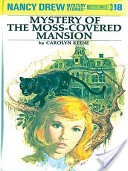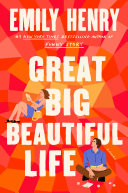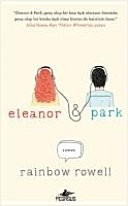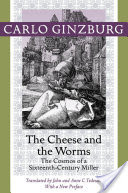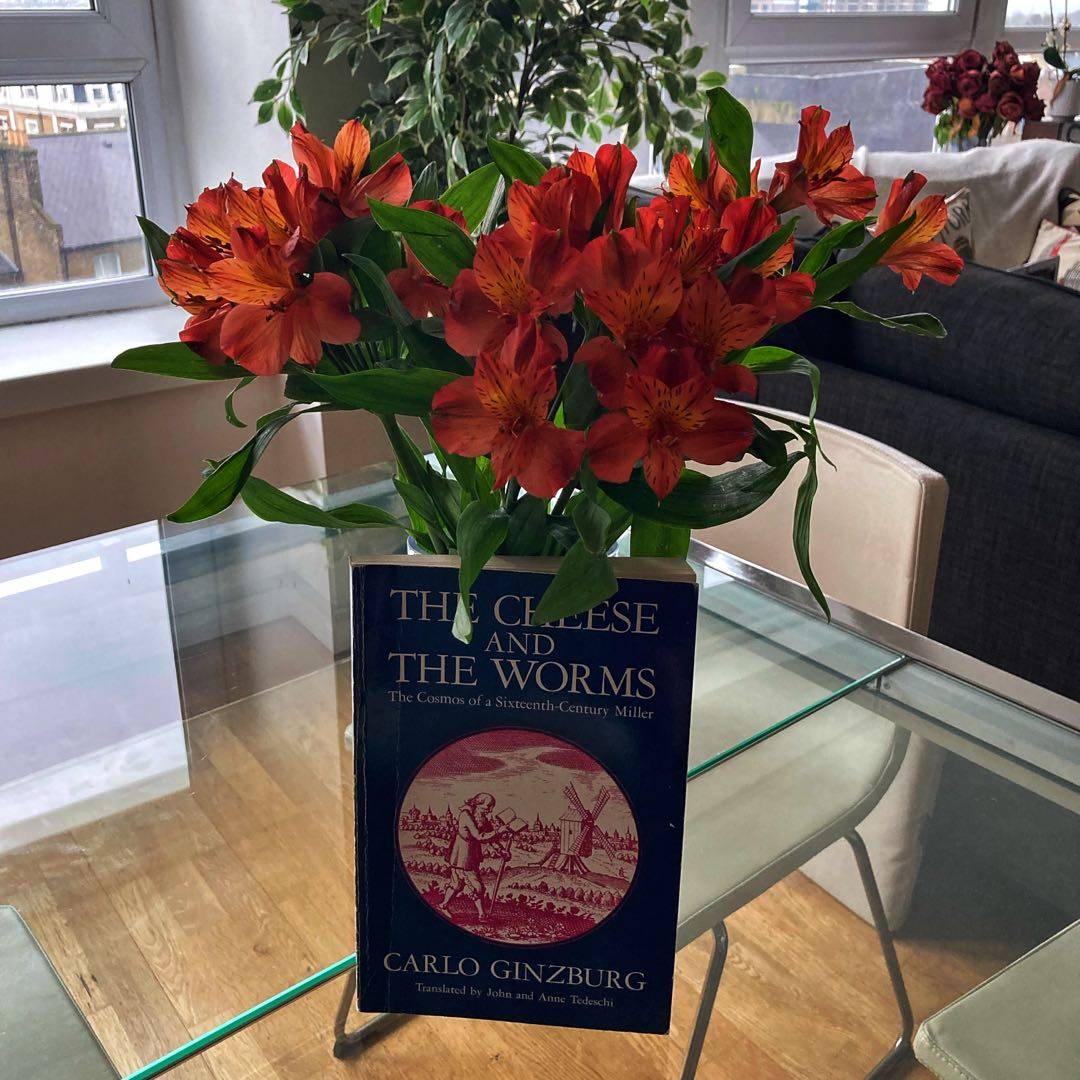
A fantastic microhistory about a 16th century miller who believed the earth was formed much in the same way cheese is, through putrefaction came a mass, that worms then formed in this mass which were angels. Ginsburg impressively unravels how these beliefs may have been formed, analysing the books Menocchio would have read, the oral culture and traditions of his village, the movement of ideas, wider contexts and consequences of the reformation.
33 likes







